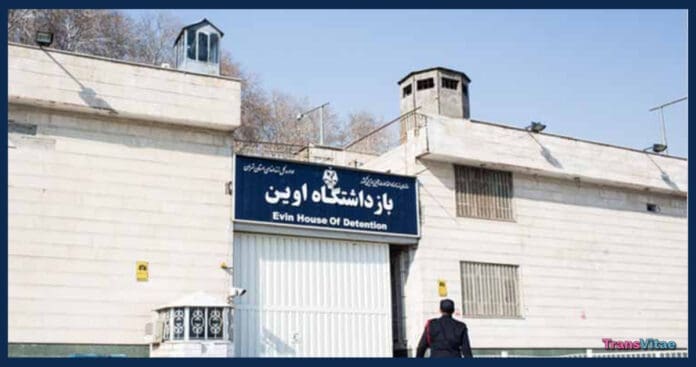Over 100 transgender inmates are missing and presumed dead following a deadly Israeli airstrike on a notorious Iranian prison, according to reports first published by The New York Times. The facility, Evin Prison in Tehran, known for its brutal treatment of LGBTQ+ individuals and political dissidents, was struck during an Israeli military operation on June 23, sparking international concern and grief, especially among the transgender community.
The prison was long known among human rights groups as one of the most dangerous places for queer individuals in the country. While Iran paradoxically recognizes transgender identity under specific religious rulings and permits certain gender-affirming surgeries, those who defy state control or fail to conform to strict gender expectations often face state-sanctioned abuse. Transgender Iranians are frequently subject to arrest, harassment, forced medical procedures, and so-called “correctional therapy.”
According to reporting from The New York Times, the Israeli military strike was part of an ongoing campaign amid heightened tensions between Israel and Iran. The attack targeted the prison due to alleged intelligence linking it to Iranian militia operations. However, no warning was issued, and the prison’s known population included a significant number of noncombatant political prisoners and LGBTQ+ detainees.
In the aftermath of the strike, Iranian authorities have provided little to no information on the whereabouts or fate of the transgender inmates. Families have been denied access to official records, and independent investigators have not been allowed inside the facility. Local and international LGBTQ+ rights organizations report that over 100 transgender individuals incarcerated at the site are still unaccounted for and are now feared to have died in the assault or its aftermath.
LGBTQ+ activists worldwide have expressed outrage and sorrow. “These were some of the most vulnerable people in Iran, abandoned by their own government and now lost to international violence,” said an anonymous spokesperson for a human rights group monitoring the region. “Their lives cannot become collateral damage.”
The strike has also drawn criticism from unexpected corners. Even some Iranian dissidents, typically opposed to the Islamic Republic, have condemned the attack for targeting a facility known to hold nonviolent LGBTQ+ individuals and political prisoners. The situation highlights the precarious position of transgender people in conflict zones, especially in countries where being openly trans can result in imprisonment, torture, or worse.
While Israel has neither confirmed nor denied knowledge of the prison’s specific population, the silence from both governments has done little to ease the growing fears of families and international observers.
For transgender Iranians, already marginalized within their own borders, this attack underscores the crushing weight of systemic violence, from within and beyond. And for their families and communities, the grief is made worse by the silence that follows.


